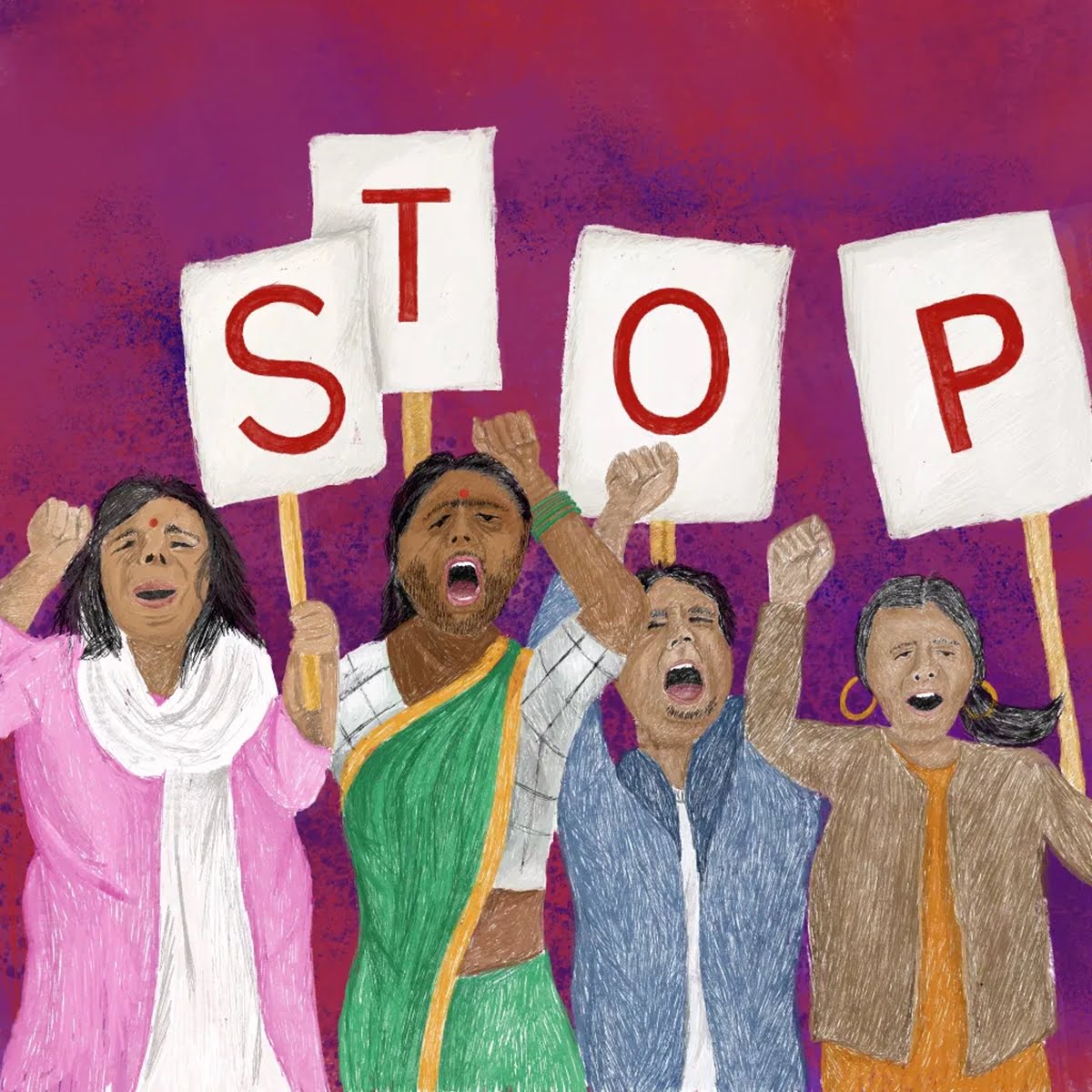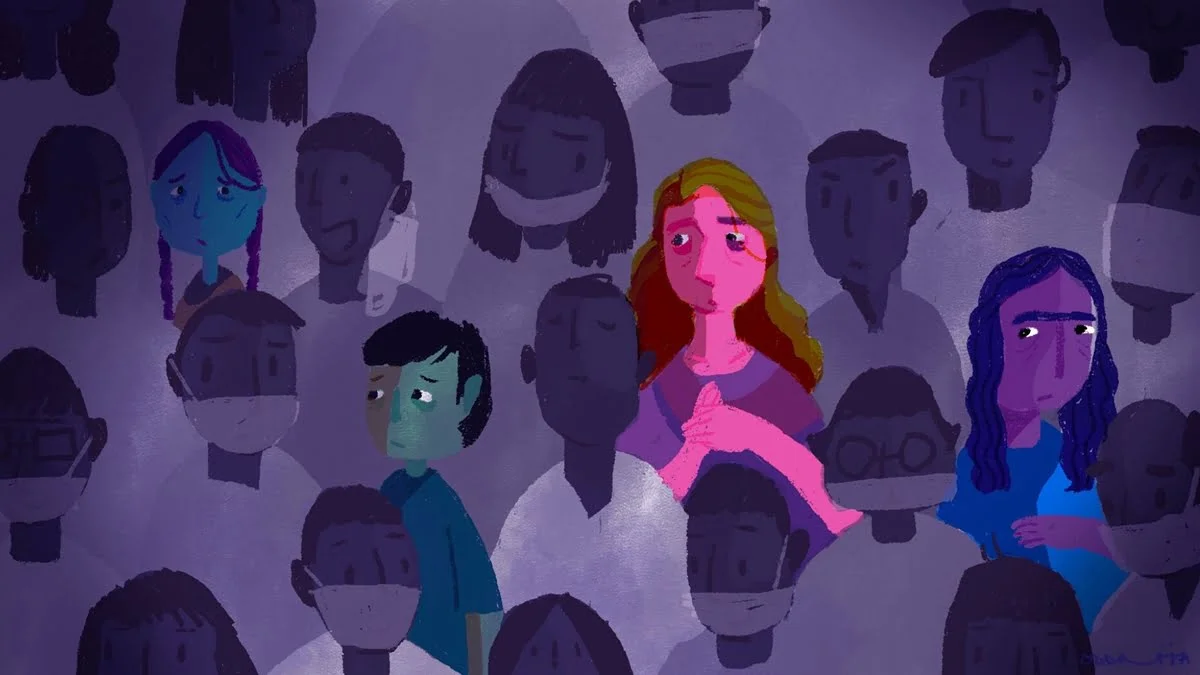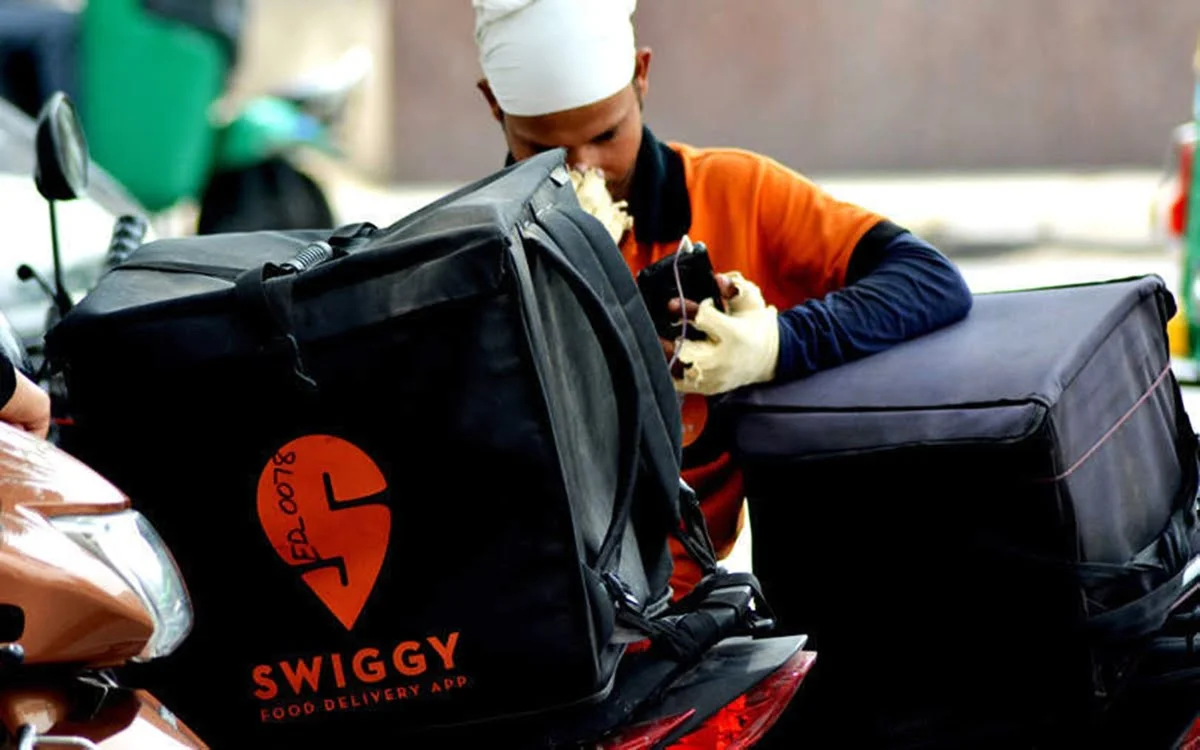On March 1, the Supreme Court asked a man accused of raping a school girl under POCSO if he would marry her. “If you want to marry we can help you. If not, you lose your job and go to jail. You seduced the girl, raped her,” the Chief Justice of India SA Bobde had said while hearing the bail request of a government servant who was accused of raping a minor girl. However, this article pertains to the Supreme Court’s decision on February 10, 2021 to grant protection from arrest to a person accused of raping a woman with whom he was in a relationship. What provided impetus to this order was a signed compromise agreement through which the victim and the accused agreed to marry each other. The Chief Justice warned the accused: “Remember, we will send you to jail if we find that your proposal to marry her is just a ploy to get rid of the criminal case against you”.

This order symbolises the shortcomings in the legal imagination of rape, consent and marriage. The facts narrated to the court expose the tight grip of the caste system and orthodoxy, over human agency.
This order symbolises the shortcomings in the legal imagination of rape, consent and marriage. The facts narrated to the court expose the tight grip of the caste system and orthodoxy, over human agency. The accused and the victim met each other in Australia in 2016. They were in a relationship and the accused proposed that they marry each other. The victim was apprehensive as she belonged to a Scheduled Caste community and the accused belonged to an ‘upper caste’. However, the accused convinced her that caste would not be a barrier as his family would not object. In 2018, the accused allegedly lied to her that his parents had approved their marriage and relying on this, she agreed to have sex with him. In 2019, he informed her that his father would not allow him to marry her as she belongs to a Scheduled Caste community. The victim then filed a complaint alleging rape as she consented to have sex by relying on a false promise to marry.
Also read: What Survivor-centric Approaches Can Look Like Within The Letter Of Law
The law and the judiciary have struggled with the issue of determining whether sexual intercourse amounts to rape if the man subsequently refuses to marry the woman. The Indian Penal Code does not expressly criminalise sexual intercourse pursuant to a false promise to marry but men have been booked for rape in such cases. One view is that in such cases, the woman’s consent cannot be construed as free consent as the consent was based on a misconception that the accused would marry her.
The other view is that unless the misconception pertains to the identity of the man and the nature of the sexual act, a woman should not be allowed to allege rape by fraud. In other words, “(The) understanding of the relevant sexual act does not get distorted by a false promise to marry. It might motivate the victim, but does not change her understanding of the relevant act.”
For a moment, let us leave aside the case discussed earlier as it is sub judice. There have been cases of men being booked for rape when relationships end on a bad note and when families object to relationships. In such scenarios, the filing of rape cases by family members often reflect a regressive mindset which refuses to acknowledge a woman’s agency and accept the fact that she could have made a free choice to have sex with a man with whom she was in love. Such a belief is also premised on the assumption that a right-minded woman would not agree to have sex unless a marital relationship was imminent.
Though courts caution that men should be booked for rape only if they had no intention to marry at the time of obtaining consent for sexual intercourse, there is no foolproof method of ascertaining what the accused had in mind while obtaining consent. At times, the caste system and an orthodox family could force a man to end a relationship. Therefore, invoking criminal law to address problems that emerge from deep-rooted social problems is a knee jerk reaction, which is best avoided.
A disturbing feature of the case discussed earlier is the allegation by the victim that the accused had raped her on one occasion after adding an intoxicant to her food. She further alleged that he had clicked ‘objectionable’ photos after the act. When such serious allegations were made, it is rather strange that an agreement to marry each other convinced the court to grant protection from arrest to the accused.
A disturbing feature of the case discussed earlier is the allegation by the victim that the accused had raped her on one occasion after adding an intoxicant to her food. She further alleged that he had clicked ‘objectionable’ photos after the act. When such serious allegations were made, it is rather strange that an agreement to marry each other convinced the court to grant protection from arrest to the accused. This can set a wrong precedent to other courts in the country and could encourage ‘settlement’ of rape cases through marriages. What if the marriage comes to an end after the parties realise that they had hastily agreed to marry? Will the courts revive the rape charges in such cases? It would be equally devastating if the allegations turn out to be false and happened to be made only to coerce the accused into signing an agreement to marry. Either way, the notion that marriage exonerates the parties of their previous wrongdoings, is deeply problematic.
Also read: Unpacking The Reasonable Woman Standard – A Case To Respect Survivor’s Lived Experience
This case is at a nascent stage and guilt has not been determined yet. However, it has exposed the myopic legal imagination of rape, marriage and consent. The issue as to how criminal law ought to treat men accused of breaking the promise to marry after having sex, warrants immediate attention. It is equally important for courts to carefully scrutinise agreements between the victim and the accused to marry each other, so as to ensure that such agreements are not signed only to escape the hassle of legal proceedings. Law enforcement based on stereotypes and a superficial understanding of social issues is fraught with danger.
Rahul Machaiah holds an LLM in Law & Development from Azim Premji University, Bengaluru. His areas of interest are public law, legal theory and law & development. You can find him on Twitter.
Image Credit: Aasawari Kulkarni/Feminism In India




